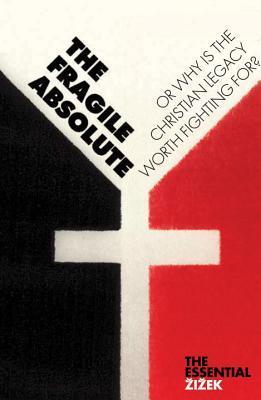What do you think?
Rate this book


187 pages, Paperback
First published January 1, 2000
What we should do in order to penetrate the underlying ‘fundamental fantasy' is to stage these two fantasies together: to confront ourselves with the unbearable ideal couple of a male ape copulating with a female cyborg, the fantasmatic support of the 'normal’ couple of man and woman copulating.I'm actually not going to provide context for that quote. There is no context which improves upon it, so I'm going to open with it, and just kind of leave it there.
All the talk about foreigners stealing work from us, or about the threat they represent to our Western values, should not deceive us: on closer examination, it soon becomes clear that this talk provides a rather superficial secondary rationalization. The answer we ultimately obtain from a skinhead is that it makes him feel good to beat up foreigners; that their presence disturbs him . . . .Now, mind you, this book is 16 years old, but the strength of thought contained with remains relevant today. A lot of the real strength of his thought continues to be his ability to continuously reinterpret Marxism through a modern filter, and frequently makes it a thing to be desired. Which is a dangerous idea here in the states - or at least one that is feared, even if it's just from ignorance or taught through oligarchical propaganda - but let's be honest: shit isn't getting any better.